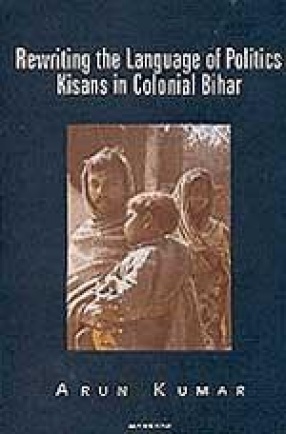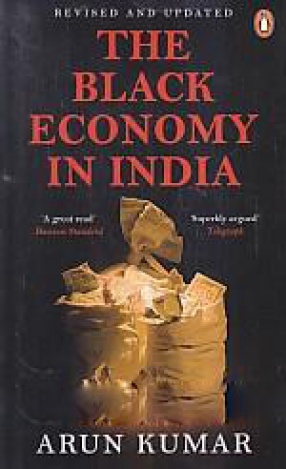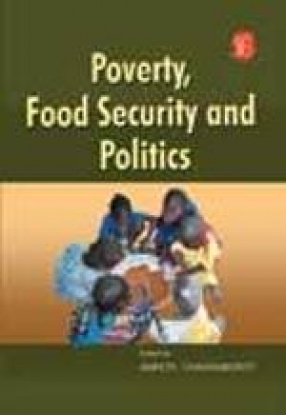Of late the need to retrieve subaltern voices to tell stories of the marginalized has been felt but efforts in that direction remain invisible hitherto. Attempting to address the lacuna, this book examines archival and folk sources to explore political articulations of Bihari peasants during colonial times. In a move away from the study of organization, parties and leadership to understand kisan consciousness, the book engages with their articulations in the spheres of culture and religion that together gave kisan politics its meaning. Migration, agrarian crimes, rumour, religion and caste are examined as changing languages of kisan politics. The transition from pre-Gandhian mass efforts at constructing political collectivities to Gandhian mass movements is probed through a close reading of popular rumours and interpretations of the Gita by Mahatma Gandhi and Swami Sahajanand Saraswati. Unlike the prevailing opinion about Sahajanand’s total transformation from a sannyasi to a radical leader of the peasantry, the study argues that the sannyasi in him never really took leave. The book also looks at the religious realm of the masses, the shudra kisans, whose shraddha for the almighty was invariably accompanied by their shikayat against it. The book concludes with an enquiry into the deliberate denial of social realities embedded in caste cosmology by both the Congress and the Kisan Sabha.
Rewriting the Language of Politics: Kisans in Colonial Bihar
In stock
Free & Quick Delivery Worldwide
reviews
Bibliographic information
Title
Rewriting the Language of Politics: Kisans in Colonial Bihar
Author
Edition
1st ed.
Publisher
ISBN
8173043787
Length
234p., Maps.
Subjects








There are no reviews yet.